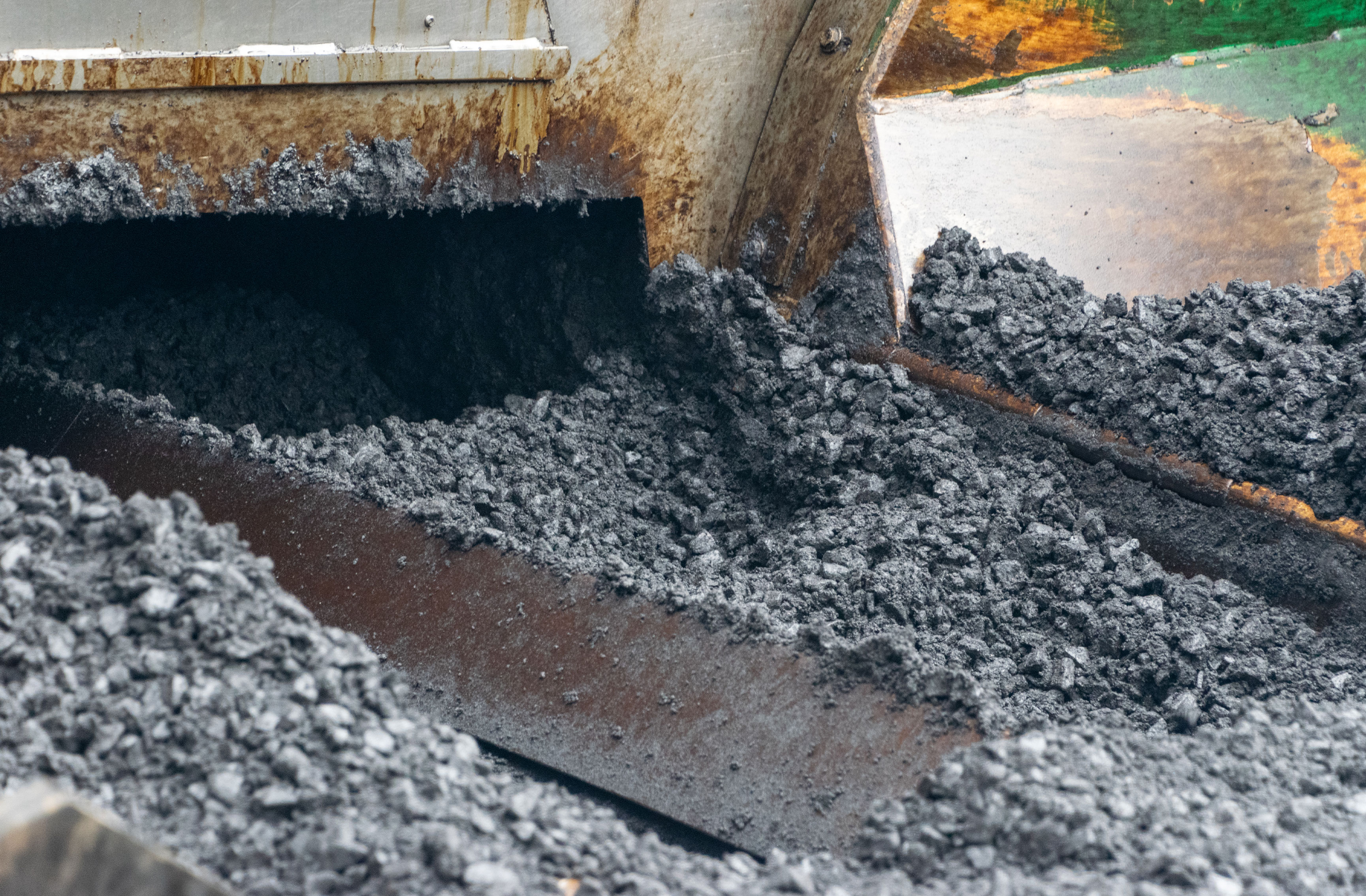Full Circle - Newbury Bypass and Piccadilly
Two high-profile contracts have demonstrated the circular economy in action with material recycled and put back onto the same road.

Two high-profile contracts have demonstrated the circular economy in action with material recycled and put back onto the same road.
FM Conway has been incorporating Recycled Asphalt Product (RAP) into its surfacing materials for many years, but the ultimate example of a circular economy is to re-use RAP within the same project. The business has now achieved this on two very different schemes: Piccadilly in London and the A34 Newbury Bypass in Berkshire.
In March 2023, FM Conway secured a place on National Highways’ Pavement Delivery Framework for the South Region, which includes Area 3 covering Berkshire, Buckinghamshire, Dorset, Hampshire, Surrey and Oxfordshire.
After only a few months on the framework, the business was asked to resurface the southbound carriageway of the A34 Newbury Bypass, which had lost skid resistance and had ride quality issues and carriageway rutting.
The £2.5 million project involved planing in two passes: one to remove the top 45mm, and the second to a depth of 100mm. The new surface was then laid in the form of a 55mm thick warm mix Enviro binder and 45mm thin SurePhalt E surface course. In all, an area of 109,875.6m2 of carriageway was resurfaced during five-night shifts, with an average of 394 tonnes of material laid per shift.
The circular approach saw planed materials recovered from day one of the scheme recycled, reprocessed and re-laid by day three.

"The circular approach saw planed materials recovered from day one of the scheme recycled."
FM Conway’s contract to resurface Piccadilly in central London was the first time the circular economy aspect of recycling was seen on the capital’s roads. FM Conway removed the surface binder courses, took the planings to its Heathrow Asphalt & Recycling plant for recycling, then incorporated this RAP into the binder course that was laid in the next shift.
The entire 1.6km length of Piccadilly from Piccadilly Circus to Hyde Park Corner was planned to be resurfaced during the project in February 2024, with a total of 13,480m2 of new carriageway laid.
The surface layer was laid with FM Conway’s SureLane warm-mix polymer modified stone mastic asphalt product, which was chosen for its durability benefits.
It was the first time both these works had been done on a National Highways project, but it could soon become business as usual. The organisation is aiming to achieve net zero carbon by 2040, and replacing virgin materials with RAP taken from the site can make a big contribution. The circular economy measures at Newbury saved an estimated 98,000kg of CO2e.